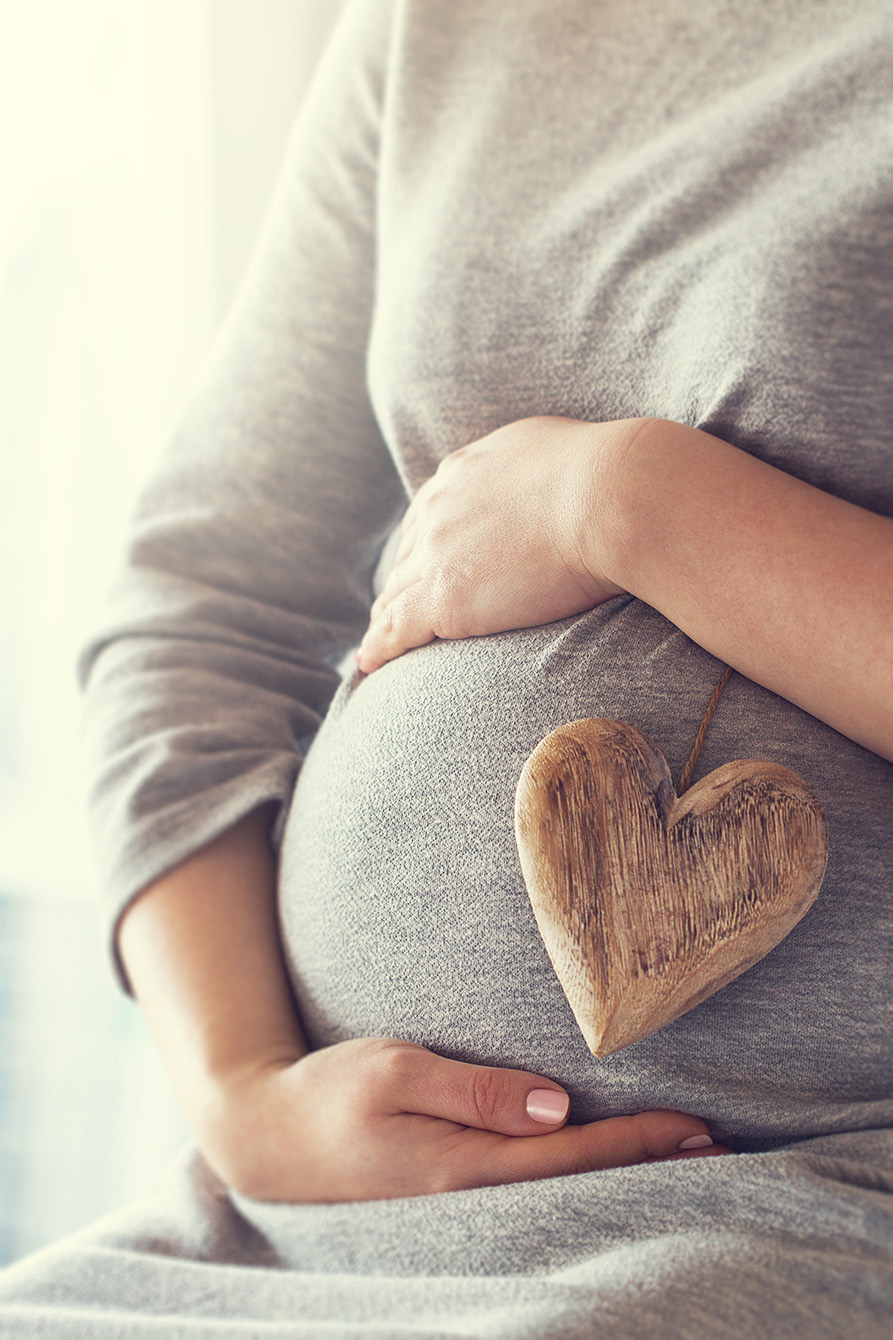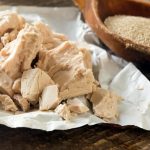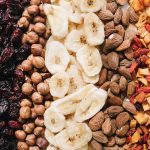Nutrition and pregnancy
Considering that summer is one of the best seasons for creating or raising family members, autumn can find many women going through one of the happiest periods of their lives. The period of pregnancy, however, needs special attention, and the diet of the pregnant woman is crucial in order to create the most favourable conditions possible for the mother and the development of the baby.
Pregnancy needs its vitamins...
...And not only. In fact, it needs all the nutrient groups, with particular emphasis on specific ones such as calcium, iron and folic acid. But why they are so important and which foods contain them will be discussed below.
Ασβέστιο… δουλεύει για δύο
For both mom and child, since it is responsible for the health and durability of bones and teeth. The woman's needs for this valuable ingredient increase during pregnancy, especially during the 2nd trimester.rd and 3rd trimester when the baby's skeleton is growing rapidly.
If the expectant mother does not provide the baby with the amount she needs, then the baby will take it from her own reserves in her body, namely her teeth and bones, causing them to weaken. Calcium is also found in the cells of the nervous system and plays an important role in the transmission of information, a fundamental function for the foetus.
The period of pregnancy in addition to the anticipation of joy can also create anxiety, which can be associated with a lack of calcium. Let's not forget that the nervous system in this phase becomes particularly sensitive, so calcium can prove valuable to reduce or even prevent an anxiety attack.
This precious metal proves to be an excellent ally during childbirth, since its ability to contribute to blood clotting helps to prevent or avoid possible bleeding.
During the period of pregnancy, the body adapts to accommodate the baby or babies, creating some not particularly pleasant situations. Cramps and back pains are common and may be signs of a lack of calcium, which is a component of muscles, too. So when calcium is not present in sufficient quantity, the muscles weaken and notify or alert through pain.
Diet and supplements work together to provide you with adequate amounts of calcium. Calcium-rich foods are dairy products such as cheese and yoghurt, eggs, fish, calcium-fortified foods such as cereals, soy milk, orange juice, green leafy vegetables such as rocket, spinach, cabbage, broccoli, legumes, almonds, hazelnuts, walnuts.

Iron protection for mom and baby
Another valuable metal that is a key component of haemoglobin is iron. It is the blood protein that carries oxygen from the lungs to the tissues and carbon dioxide from the tissues to the lungs. It is necessary not only for the smooth course of pregnancy, but also during childbirth. In case of iron deficiency, a deficiency in the synthesis of haemoglobin causes a deficiency in the synthesis of haemoglobin, causing a problem in the supply of oxygen to the cells of the pregnant woman.
Especially when you consider that it takes a healthy body about two years to replenish itself with the amount of iron it had before pregnancy and childbirth, you can see why it is so important to include it in the diet. In fact, most gynecologists recommend supplementation even after childbirth for some time or even until breastfeeding is stopped.
Vitamin C found in citrus fruits, tomatoes and strawberries helps in the better absorption of iron, while it is reduced by the consumption of dairy products. This is why it is important to take supplements on an empty stomach or after one to two hours of eating calcium-containing foods and at least half an hour of other foods. Iron is found in foods of animal origin such as red meat, pulses, dried fruit, dark green vegetables, eggs, salmon, fortified cereals, turkey, soft soya cheese and nuts.
The... friendly folic acid
It's no coincidence that the first thing that comes to mind when you hear about this particular vitamin is pregnancy. All women who are in the process of childbearing are required to take the valuable folic acid through diet, and also through supplements.
According to research, taking it especially in the first three months of pregnancy reduces the chances of birth defects in the central nervous system of the fetus.
The body needs folic acid for the normal formation of red blood cells, and it is particularly important for the rapid growth of placental cells and the development of the baby. Taking folic acid is recommended by doctors before pregnancy, i.e. during the attempt to conceive, not only because it helps boost fertility, but also because it can prevent possible birth defects. Foods rich in folic acid are lentils, spinach, beans, fruit, salmon, yoghurt, cereals, avocados, peanuts, asparagus and broccoli.
If it is in your plans to have or grow your family, create the best conditions and enjoy the miracle of motherhood. Live this unique experience and enjoy every moment of it.





